Not a budget, but a “budgetary instrument”
A “revolution”, an “essential brick” and “very good news”: this is how Bruno Le Maire called the agreement found on the main features of the Eurozone budget. A revolution because, in his own words, it is finally possible to use the words “Eurozone budget”, which was impossible two years ago when the talks with Germany started. The French minister recalled the demand that Wolfgang Schäuble, the German Finance Minister at the time, addressed him before a joint press conference on the deepening of the euro area, in May 2017: “You can say whatever you want, but please do not use the word ‘Eurozone budget’!”.
Yet, this first statement is already questionable: even if the term ‘Eurozone budget’ can be used in political speeches or some media, it is in reality quite a rough leap. The documents and official declarations of the Eurogroup and the Council were careful not to talk about a “Eurozone budget” but prefer the denomination “budgetary instrument for competitiveness and convergence” ] (BICC), which is actually part of the EU budget.
The Eurozone “budget”: a missed occasion, a largely incomplete puzzle
The Eurozone budget will thus not be autonomous, as it will be integrated to the EU budget. Its size will be decided in the multiannual financial framework (2021-2027) and so by 28 (27 after Brexit, if Brexit there is) member states and not by 19. Therefore, this “budget” doesn’t have its ‘own resources’. In theory, nothing prevents this budget from having these ‘own resources’ later, coming for instance from a tax on financial transactions, a carbon tax or a corporate tax. Nonetheless this point, still “under discussion”, seems far from succeeding, as no-one agrees on the principle or the nature of ‘own resources’, whether for the euro area or EU as a whole, actually.
Moreover, the BICC’s financial envelope will be very limited, it will not finance European public services or social policies, a stabilisation mechanism is missing from it, as is the possibility to provide a country facing difficulties with emergency financial help … It is then hard to believe that this instrument will enable the euro area to become more competitive and solidary – Bruno Le Maire emphasised these precise two aspects, stressing several times the EU’s weaknesses in front of the USA and China’s competition and growth.
Is reaching an agreement on a real budget still possible?
Bruno Le Maire asserts that all these elements are still “being discussed”, but how could a more ambitious budget be reached while some member states refuse it? The Dutch Prime Minister Mark Rutte is vehemently opposed to any stabilisation mechanism at Eurozone level.
Although he displayed an exaggerated degree of self-satisfaction and optimism, Bruno Le Maire nevertheless admitted the work that remains to be done. Basically, he considers that what we have is better than nothing: “I preferred having that Eurozone budget being adopted with a clear possibility of improving, instead of trying to reach an ideal solution and taking the risk of having nothing. I am convinced that if I had said ‘no, I want more’, actually more was impossible to reach. I preferred a strong and limited compromise to then build on this compromise in the following months.”
Bruno Le Maire insisted that this “budget” is a revolution for the euro area.
His opinion is far from being shared by all commentators: the Financial Times talks about “small steps”, Le Monde about a “rejection for Emmanuel Macron”, EurActiv of a stabilisation mechanism in “induced coma”…
The Young European Federalists, represented by a member of their executive board in the audience on Monday, denounced the “useless” agreement in a press release. How else could you call a “budget” whose governance, autonomy, or sources of funding have not been decided?
The complete recording of Bruno Le Maire’s speech is available on Bruegel’s website.
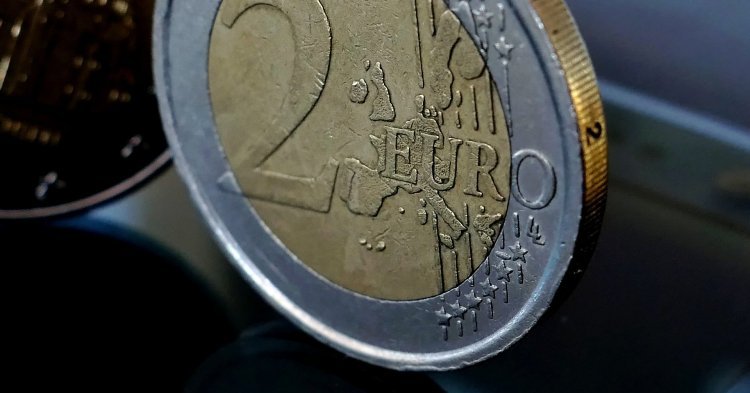

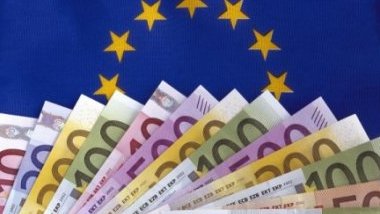
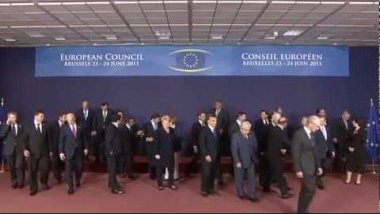
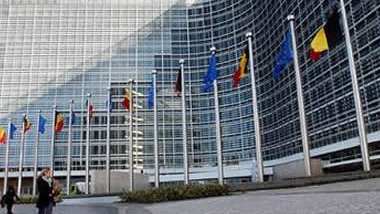

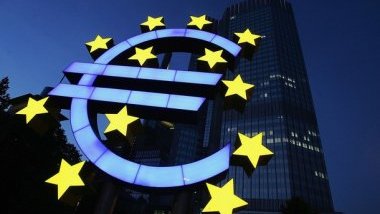

Follow the comments: |
|
